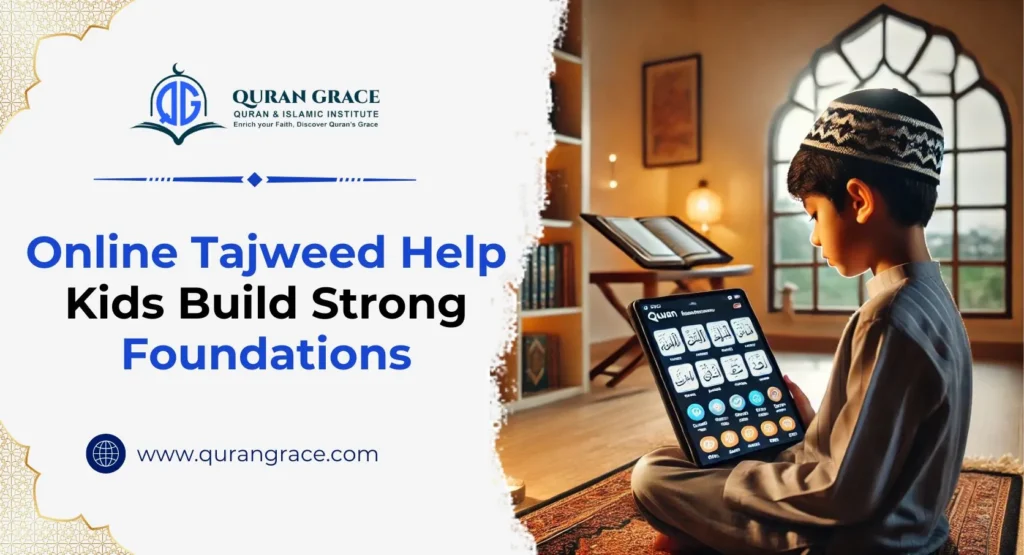Initiating hifz classes marks a significant milestone for both children and their families. This journey is enriched with blessings, dedication, and the rewarding endeavor of memorizing the Quran. If you are curious about what to anticipate during the essential first week, you are not alone. Many families find this transition to be a new experience. Understanding what to expect can equip you to support your child, helping them to feel both prepared and enthusiastic about this important step.
1. The Introduction: Building a Foundation
The very first day will be dedicated to introductions. Your child will meet their quran memorization teacher and their new classmates. This is a vital time for setting a positive and comfortable atmosphere. The teacher will often share their approach to Hifz, the importance of sincerity, and the immense reward of memorizing Allah’s words.
Expect some gentle icebreakers and perhaps a tour of the learning space. The focus here is on making everyone feel at ease and ready to embark on this sacred journey.
2. Assessing Current Quranic Skills
Before introducing new material, teachers typically conduct an assessment of each child’s current Quranic reading skills. This assessment is not designed as a pass or fail test but serves to help the teacher gauge each child’s abilities. During this process, the teacher will listen to the child recite from a familiar surah or a passage from the Qaida/Juz Amma surah.
The purpose of this assessment is to enable the teacher to customize their instructional approach and identify specific areas where a child may need additional assistance, such as pronunciation (tajweed) or fluency. It’s important to note that perfection isn’t expected at this stage, as the classes are designed to support each child’s learning and development.
3. Understanding Tajweed Basics
Correct pronunciation is essential in Quranic recitation. For children who may have some prior Quranic education, the initial week of instruction typically focuses on a review or introduction to fundamental Tajweed rules. This may include lessons on the distinct Arabic letters, their proper articulation points (makharij), and the specific rules regarding noon sakinah and meem sakinah.
To enhance the learning experience for young students, teachers often employ visual aids and interactive exercises. The primary objective is to establish strong foundational habits in recitation from the very beginning.
4. The First Memorization Assignment
While the initial focus is on readiness, your child will likely get their first memorization assignment towards the end of the week. This will typically be a very short and manageable portion, perhaps a few verses from a smaller surah in Juz Amma. The teacher will guide them on how to approach memorization, emphasizing repetition and understanding.
This first assignment is designed to be a positive experience, building confidence and showing them what the process will entail. It’s less about the quantity and more about establishing a routine and a sense of accomplishment.
5. Learning the “How-To” of Hifz
Beyond just the verses, your child will also learn practical tips and techniques for quran memorization. This could include:
- How to break down verses: Learning to memorize in small, manageable chunks.
- The power of repetition: Understanding that consistent repetition is the key.
- Listening to correct recitation: The importance of hearing the verses from a qualified reciter.
- Focus and concentration: Tips on how to minimize distractions.
- The importance of revision: Understanding that reviewing previously memorized portions is just as important as learning new ones.
How You Can Help at Home:
- Create a quiet space: Designate a specific, quiet area for your child to do their Hifz homework.
- Be a listener: Offer to listen to your child recite, even if you’re not a Hifz expert yourself. Your encouragement means the world.
- Positive reinforcement: Celebrate their efforts and progress, no matter how small.
- Consistency is key: Help them establish a consistent routine for their Hifz practice.
- Communicate with the teacher: Stay in touch with the Ustad/Ustadha to understand your child’s progress and any areas where they might need support.
Conclusion
The first week of Hifz classes serves as a foundational period, setting the stage for a rewarding and blessed journey. It’s normal for your child to experience a mix of excitement and nervousness during this time. With your support and the guidance of their dedicated hifz teacher, they will soon settle into the beautiful rhythm of memorizing the Quran. Additionally, consider enrolling your children in online Hifz classes for kids by Quran Grace, where you will receive a free evaluation before the course begins.








